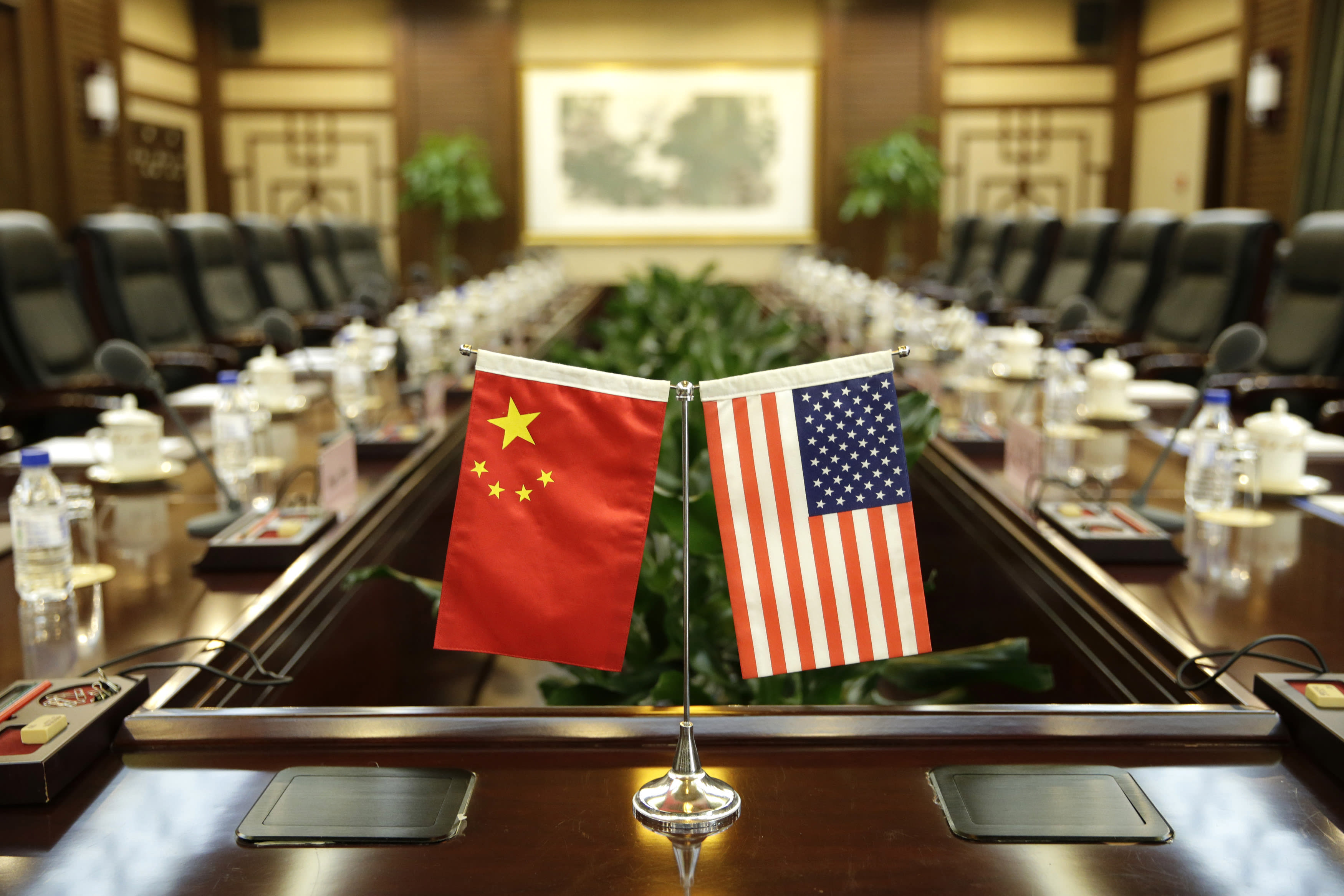
SINGAPORE — The process of U.S.-China decoupling started even before the coronavirus pandemic — but a complete separation of the world’s two largest economies is “almost impossible,” according to a former Chinese commerce minister.
Chen Deming, who headed China’s commerce ministry from 2007 to 2013, said the U.S. targeting of Chinese companies — like telecommunications giant Huawei — are examples of how decoupling is underway. Washington has restricted Huawei’s access to crucial technology and semiconductors over national security concerns, and has upped the pressure on other Chinese tech firms including Tencent and ByteDance, making it more difficult for them to operate in the U.S.
“But I think a complete decoupling will be very difficult and almost impossible,” Chen said on Monday, according to CNBC translation of his Mandarin-language comments. He was part of a panel discussion moderated by CNBC’s Nancy Hungerford at the virtual Singapore Summit.
“We can’t go back to the Cold War era, where there were two markets in the world that had no trade or communication,” he added, referring to the period after the second world war with intense geopolitical tensions between the U.S. and Soviet Union.
Flags of the U.S. and China are placed ahead of a meeting between U.S. Secretary of Agriculture Sonny Perdue and China’s Agriculture Minister Han Changfu at the Ministry of Agriculture in Beijing on June 30, 2017.
Jason Lee | AFP | Getty Images
As ties between the U.S. and China deteriorate further in recent months, President Donald Trump has threatened to divorce the two economies. But companies from the U.S. and other countries have shown little interest in pulling out of China, said Chen, who is president of the China Association of Enterprises with Foreign Investment.
In fact, there’s been an increase in foreign direct investments into China this year, according to Chen.
My sense is things will get worse before they get better. Multilateralism is at greater risk today than it’s been in a long time.
Tharman Shanmugaratnam
Singapore’s senior minister
Tharman Shanmugaratnam, Singapore’s senior minister and coordinating minister for social policies, similarly said that it’s “very hard to imagine global businesses retreating from China.”
“It’s a very large market and it is still a market with significant growth,” said Tharman, who spoke during a different session at the summit.
U.S.-China tensions could worsen, but there is “enough space” of the rest of the world to “continue to find ways to have win-win partnerships” with like-minded countries, he said. That includes forging closer ties with the U.S. and with China, he added.
“My sense is things will get worse before they get better,” said Tharman. “Multilateralism is at greater risk today than it’s been in a long time, greater risk than a year ago, two years ago.”
“But there’s a lot that we can do … to strike alliances. Call them plurilateral alliances: Work with whoever’s like-minded to ensure that you stay open and in fact becoming even more open,” he added.
Source: CNBC
